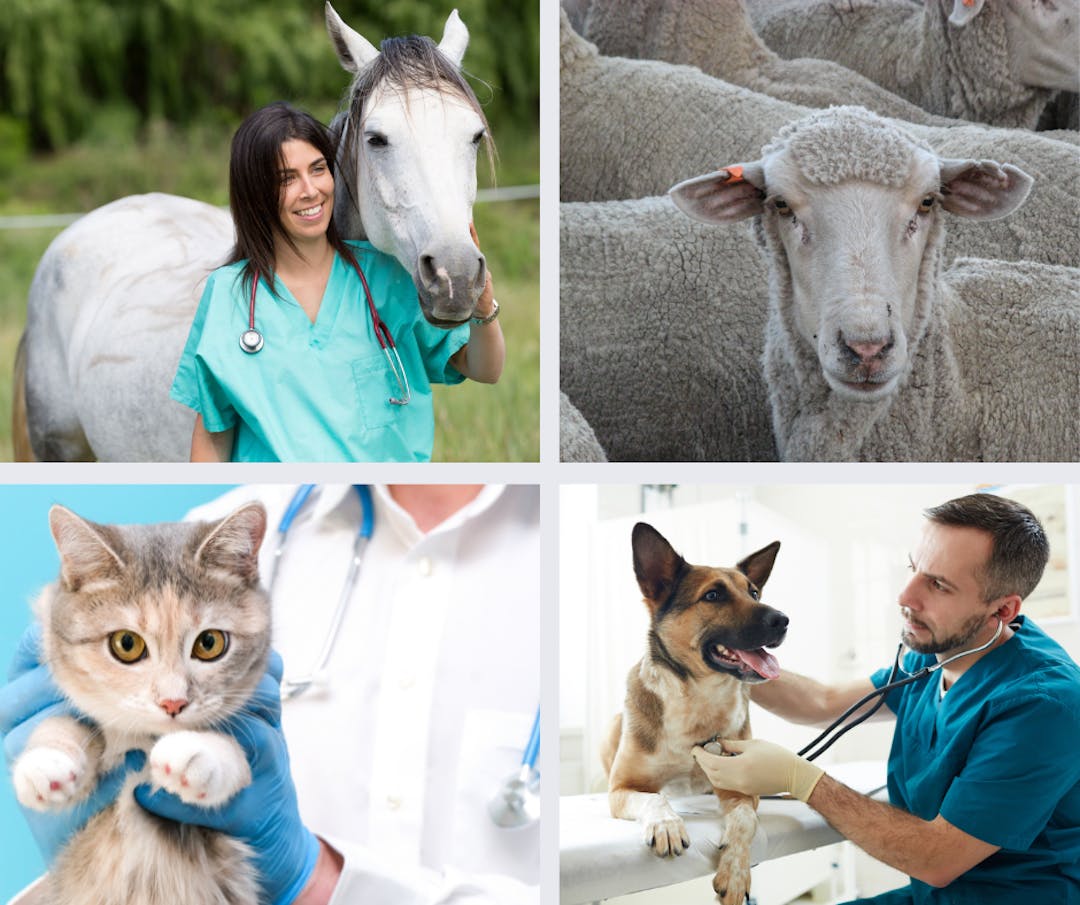Veterinary Practice Regulations 2022 - tranche 2

Consultation is now closed. |
|---|
Thank you to all who provided feedback to the Veterinary Practice Regulations 2022 - tranche 2 consultation. The Department of Primary Industries and Regional Development (DPIRD) is now reviewing the submissions. A report summarising the consultation responses will be provided on this page and communicated to consultation participants. |
Background
The Veterinary Practice Act 2021 (VPA) and first tranche of the Veterinary Practice Regulations 2022 came into effect on 18 June 2022. The VPA repealed the existing Veterinary Surgeons Act 1960 (VSA) and Veterinary Surgeons Regulations 1979 (VS Regulations).
Following the VPA’s passage through the Parliament of Western Australia in October 2021, DPIRD and the Veterinary Surgeons’ Board of WA developed the first tranche of the Veterinary Practice Regulations. Tranche 1 supports the VPA’s functions but does not significantly change the day-to-day practice of veterinarians and others providing veterinary services in WA.
Tranche 2 of the Veterinary Practice Regulations, which will implement modern practices and support operational requirements of veterinarians, veterinary nurses, and their clients, is now being developed in consultation with industry and with the involvement of the new Veterinary Practice Board.
In early 2022, DPIRD undertook an initial consultation on proposed acts of veterinary medicine and regulatory options for pregnancy testing and spaying of cattle.
DPIRD is consulting further with representative industry organisations on the submissions for pregnancy testing and spaying of cattle to reach an agreed outcome. A consultation report on pregnancy testing and spaying of cattle will be provided once consultation is complete.
In response to other stakeholder feedback from the initial consultation, DPIRD developed a second consultation paper with additional information on acts of veterinary medicine requiring further industry and community consultation and on other intended key provisions of the Veterinary Practice Regulations.
Consultation process
To assist with the drafting of Tranche 2 of the Veterinary Practice Regulations, DPIRD encouraged veterinarians, veterinary nurses, animal health providers, livestock industry and animal welfare stakeholders to review the consultation paper and provide input through the consultative process.
The consultation paper provided information on:
1. Consultation on acts of veterinary medicine, including:
- stomach tubing or naso-oesophageal intubation of horses
- ova or embryo transplantation and laparoscopic insemination
- acupuncture procedures
- dentistry
- act of veterinary medicine: provision of advice based on diagnosis
2. Acts of veterinary medicine that can be undertaken by authorised persons, veterinary students and veterinary nurse students
3. Level of supervision requirements
4. Proposed acts that are not acts of veterinary medicine
5. Record-keeping and prescribing, sale and supply of veterinary chemicals
6. Requirements for veterinary premises and veterinary practice businesses undertaken/performed from veterinary premises, including house call vets
7. Professional standards including advertising
8. Continuing professional development
9. Complaints and investigations: unprofessional conduct and professional misconduct
Before providing feedback, stakeholders were asked to read the consultation paper and frequently asked questions. Stakeholders could use the Ask a question section at the bottom of this page or email VetPracticeRegs@dpird.wa.gov.au for further information.
Submissions were made using online form below.
Consultation closed at AWST 5pm on 2 August 2022.
Have a question that is not answered by our FAQs? Ask our DPIRD team here.

Thank you for your contribution!
Help us reach out to more people in the community
Share this with family and friends